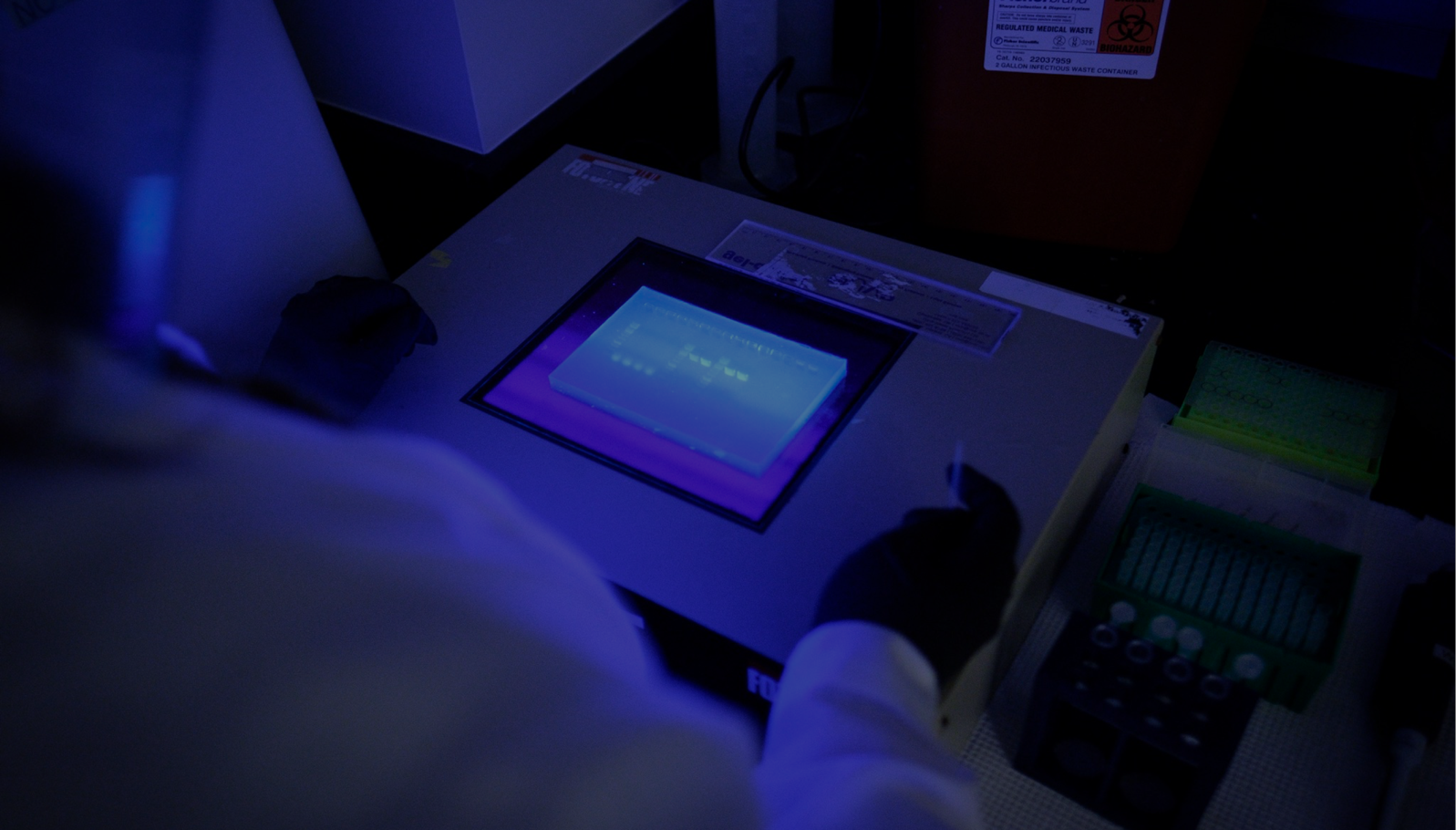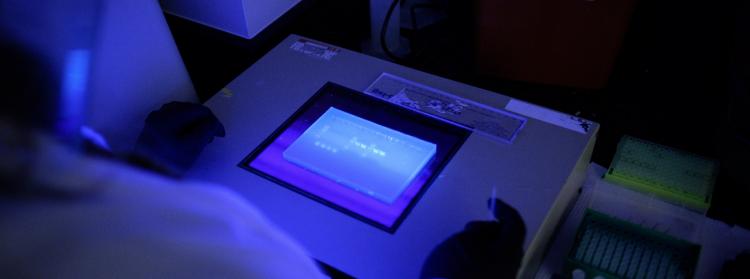Overview
Our South Lake Union medical research campus houses a concentration of skilled investigators, their teams, and state-of-the-art laboratory facilities. The site is home to shared equipment and spaces such as a vivarium, insectory, BSL-3 and ABSL-3 facilities, as well as microarray and high-throughput screening. Our high tech, cutting edge environment mirrors the on-going research conducted within our walls, all under one roof.
Arnold Lab
Our group works on establishing PK/PD relationships for therapeutics to treat enteric pathogens. We are currently focusing on drugs to treat Cryptosporidium and Shigella. We assist in the pre-clinical stages of drug development by generating in vitro and in vivo models to characterize drug efficacy against enteric pathogens.
Buckner Lab
Dr. Buckner’s laboratory works on protozoan pathogens that cause tropical diseases including trypanosomiasis, Chagas disease, Leishmaniasis, and Malaria. The research aims to discover much needed new drugs to help manage these challenging diseases.
Chu lab
The main focus of our lab currently is managing the clinical infrastructure for the Seattle Flu Study and SCAN, a city-wide surveillance initiative to study the transmission of respiratory viruses through molecular diagnostics and genome sequencing with a focus on households and homeless shelters, and running HAARVI, a clinical study monitoring the longitudinal progress of COVID-19 disease in a large cohort of adults in the Seattle region.
Gale lab
Research in the Gale laboratory is focused on 1) understanding the basis of non-self discrimination and immune response triggering by emerging RNA viruses, 2) Defining the virus and host interactions that trigger and control innate antiviral immune defenses, 3) Identifying therapeutic targets for induction and enhancement of innate immunity against RNA virus infection, 4) Discovery and development of small molecule therapeutics as vaccine adjuvants and for the treatment of viral infection, and 5) Development of vaccines for protection against emerging RNA viruses.
Gottlieb lab
The overarching goals of the Gottlieb Lab is to further our ability to provide evidenced-based, potent antiretroviral therapy (ART) to patients with HIV-2 infection.
Hawn lab
The Hawn lab is investigating immunologic mechanisms of disease pathogenesis with an emphasis on genetic, cellular, and molecular studies of the innate immune response.
Hybiske lab
The Hybiske laboratory is broadly interested in the interactions between intracellular pathogens and host cells. The lab is particularly interested in the pathways used by intracellular organisms to exit host cells. This research encompasses the underlying molecular mechanisms of these processes and the illumination of how these strategies facilitate unique interactions with the host immune system, most notably for immune evasion.
Koelle lab
The Koelle Laboratory studies immune responses to infections, pathogen genetic variation, and the relationship between host genomics and infection severity.
Liles lab
The overall mission of the Liles Lab is to investigate clinical problems at the bench, in order to gain novel insights into disease pathogenesis and to develop novel therapeutic approaches to important clinical problems.
Murphy lab
The Murphy Lab focuses on human malaria infection. Human and animals can be protected against malaria sporozoites challenge by immunization with attenuated Plasmodium sporozoites.
Ojo lab
The research focus of the Ojo Lab is to develop novel, robust, safe and affordable antimicrobial agents that can withstand the threat of resistance while effectively treating debilitating parasitic diseases.
Seshadri lab
The Seshadri Lab is focused on studying the roIe of unconventional T cell populations in tuberculosis. The lab uses advanced techniques in human immunology and computational biology to characterize immune responses during infection and vaccination with mycobacteria.
Shah lab
Current projects are focused on the innate immune response to tuberculosis and leprosy. The goal of this research is to identify immune mechanisms that make certain populations more or less susceptible to severe disease phenotypes than others.
Smith lab
The Smith Lab studies how the innate immune system detects microbes, and how the host-microbial interactions influence inflammation, tissue injury and immunity.
Van Voorhis lab
The Van Voorhis lab uses emerging knowledge about the genomes of parasitic diseases to aid in rational drug discovery.
Weil lab
Dr. Weil's research is focused on the relationship between the human gut microbiome and susceptibility to enteric infections.




